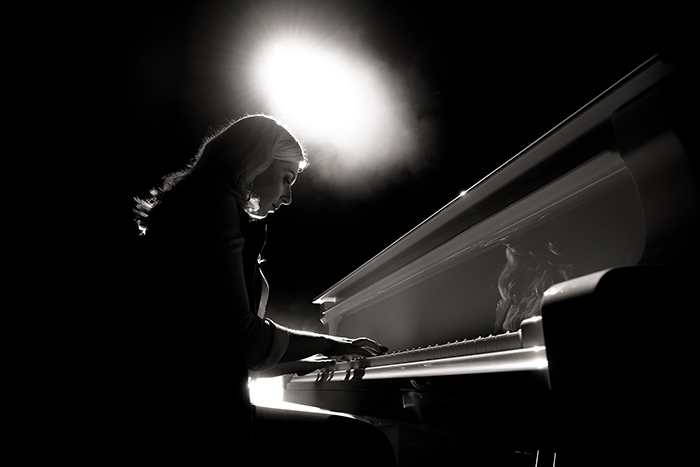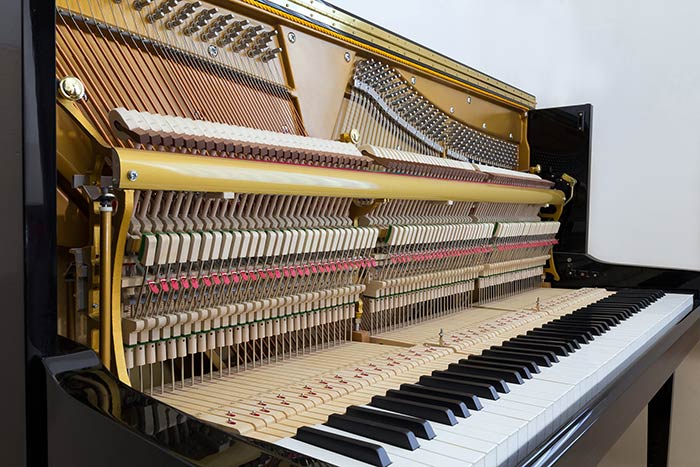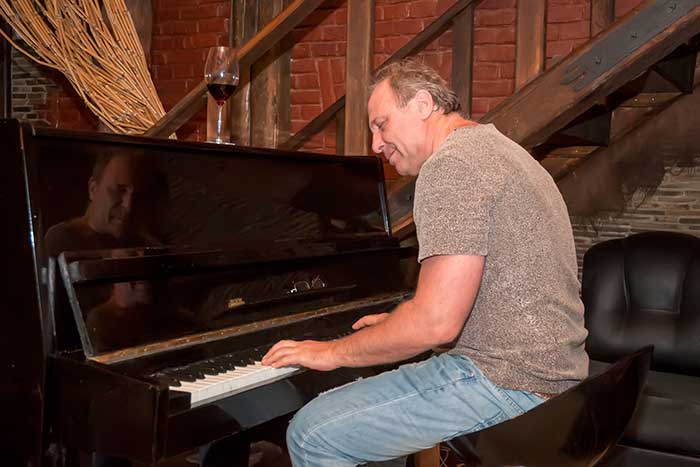Classical music and modern music are two very different genres that have evolved over time, each with their own unique characteristics. Classical music is often associated with elegance, sophistication, and intellectual pursuits, whilst modern music is often characterised by energy, simplicity, and emotion.
One of the most significant differences between classical music and modern music is their instrumentation. Classical music is often performed by a full orchestra, consisting of various instruments, each with its own unique sound and role to help produce the overall desired result. The use of acoustic instruments creates a warm and natural sound that many people find soothing and enjoyable. In contrast, modern music often relies on electronic instruments, such as synthesisers, drum machines, and electric guitars, to create a contrasting atmosphere. Electronic instruments can produce a wider range of sounds and have the ability of effects such as reverb, allowing modern music to be more experimental and dynamic.
Another key difference between the two genres is their structure. Classical music is known for its formal structure, with each piece typically composed of several movements, each with its own distinct melody and rhythm. The music is carefully composed, with a focus on creating a harmonious arrangement of instruments that work together to create a pleasing sound. In contrast, modern music often follows a simple verse-chorus-verse structure that repeats throughout the song. This structure is designed to make modern music more accessible and memorable, allowing people to sing along and enjoy the music more easily.
Classical music is often considered to be more complex and intricate than modern music. The compositions are carefully structured and often require a high level of technical proficiency to perform. The melodies are often composed in a way that creates a sense of tension and release with the music building up to a climax before resolving in a satisfying way. This makes classical music an intellectual pursuit that is said to require a certain level of skill and appreciation.
Modern music, on the other hand, is often focused on emotion and feeling. The lyrics and melodies are designed to evoke a certain mood or emotion, whether it’s happiness, sadness, or anger. The music is often simpler, with fewer instruments and a more straightforward structure, but it can be just as powerful and moving as classical music. The focus on emotion rather than technicality makes modern music more accessible to a wider audience.
One of the key benefits of classical music is its timelessness. Many of the great classical compositions from composers like Beethoven, Mozart, and Bach are still revered and performed today, hundreds of years after they were first composed. This is a testament to the enduring appeal and quality of classical music. In contrast, modern music tends to have a shorter shelf life, with songs and artists quickly rising and falling in popularity. However, this does not diminish the value of modern music, as it provides a snapshot of the current cultural climate and can be a powerful reflection of society’s values and beliefs.
Another significant difference between the two genres is their audience. Classical music is often associated with an older, more educated audience, while modern music is more popular with younger people. This is partly due to the accessibility of modern music, with radio, streaming services, and social media making it easier than ever for people to discover new music. In contrast, classical music can sometimes be seen as elitist and inaccessible, with a perceived barrier to entry due to the level of education and knowledge required to fully appreciate it. However, I personally do not believe this to be true and anyone can listen to and appreciate Classical music to its full extent, there is just a stigma around it that makes younger people believe it is ‘uncool’ to listen to and therefore do not give themselves the chance. What I have found as I get older is that more and more students at university level or College actually use Classical music to help them study as it stimulates their brains, relaxes them and helps them concentrate on the task ahead.
In conclusion, classical music and modern music are two distinct genres that appeal to different audiences for different reasons. Classical music is often considered more sophisticated and complex, while modern music is more accessible and focused on emotion. However, both genres have their strengths and weaknesses, and it’s ultimately a matter of personal preference which one you prefer. Whether you’re a fan of classical music or modern music, there’s no denying the power and beauty that they both hold.











